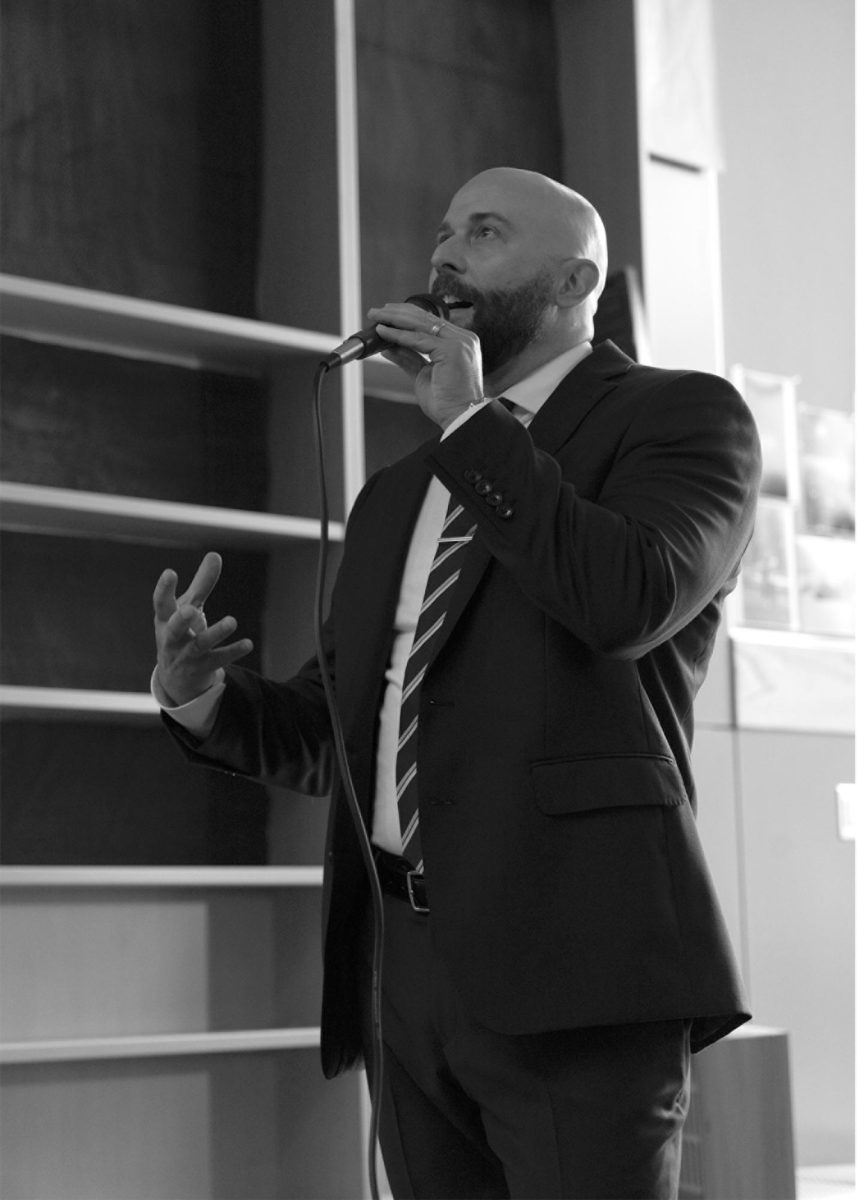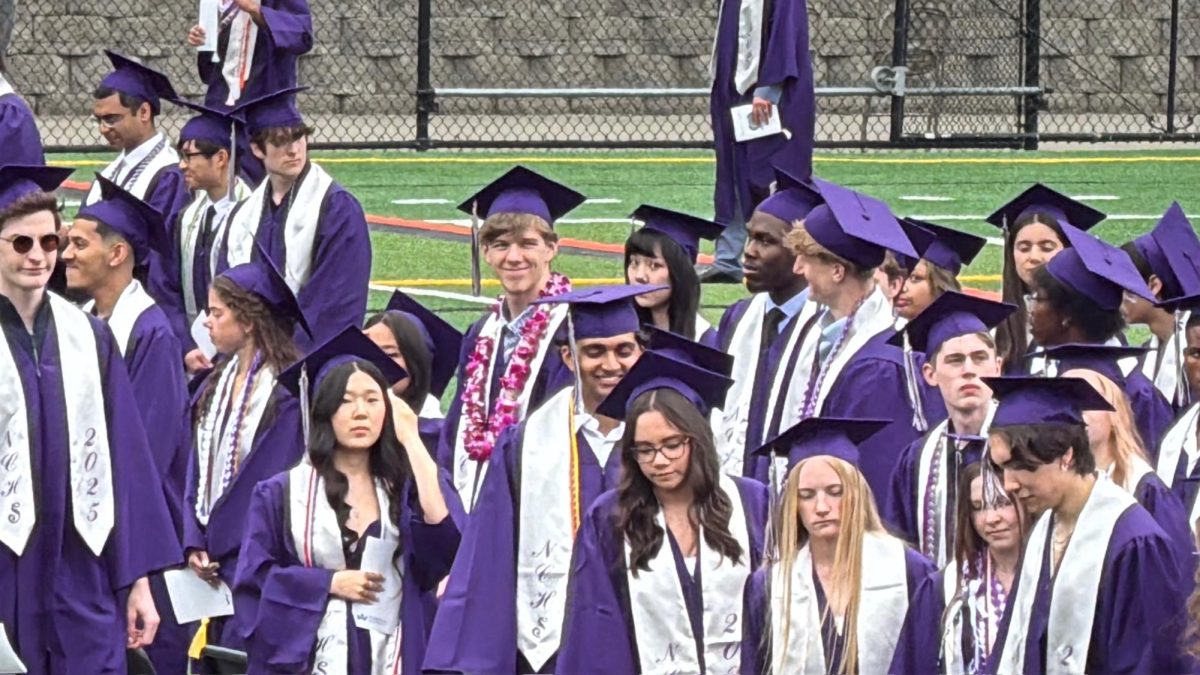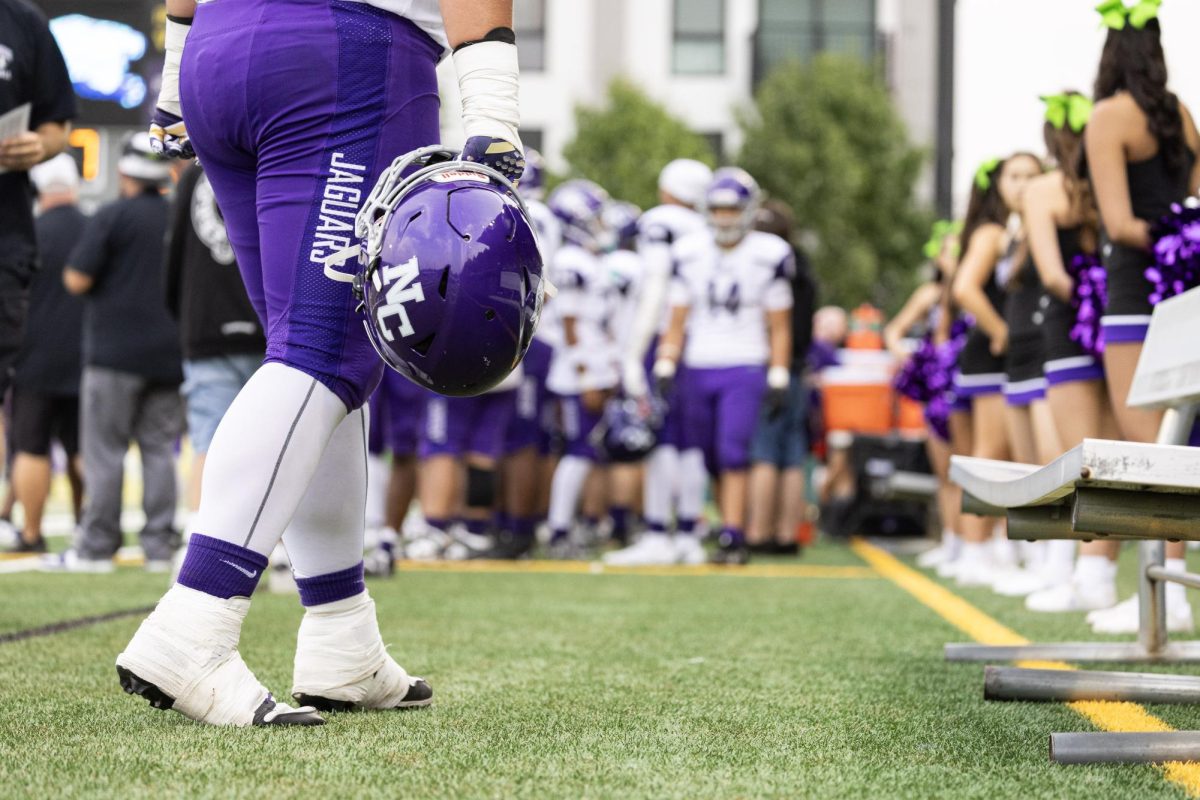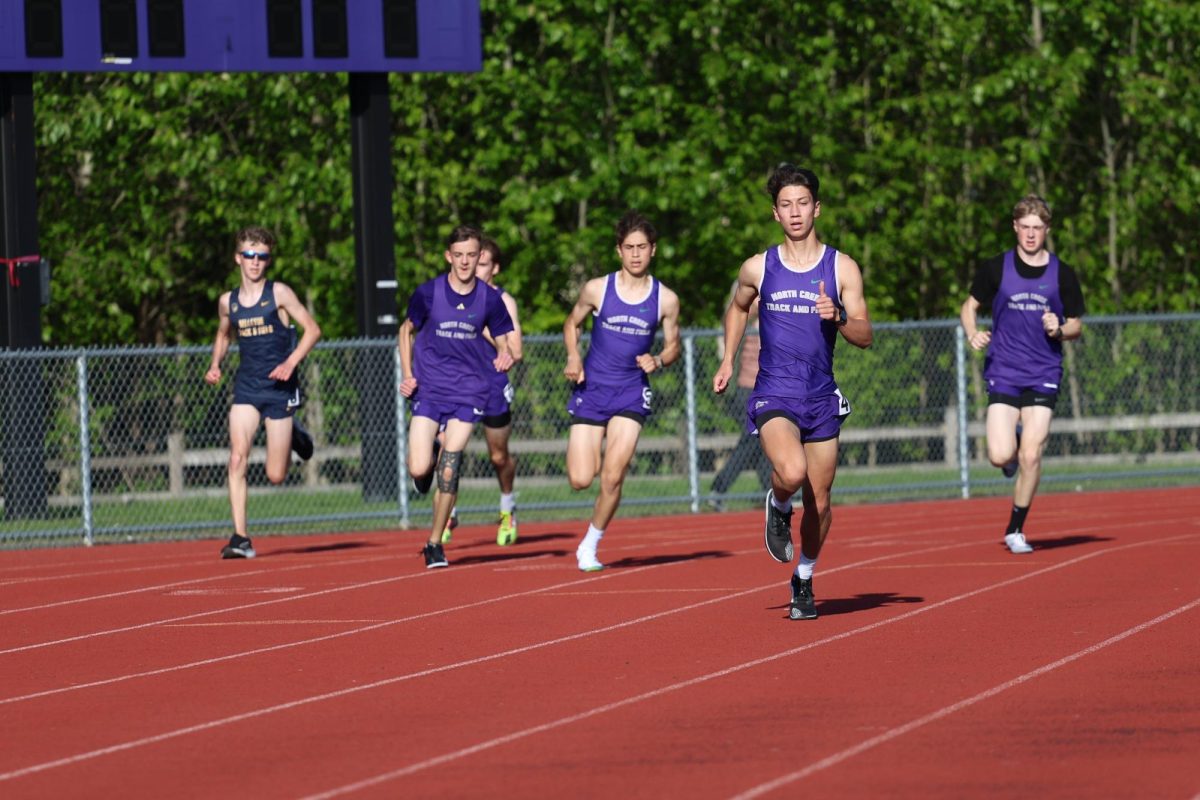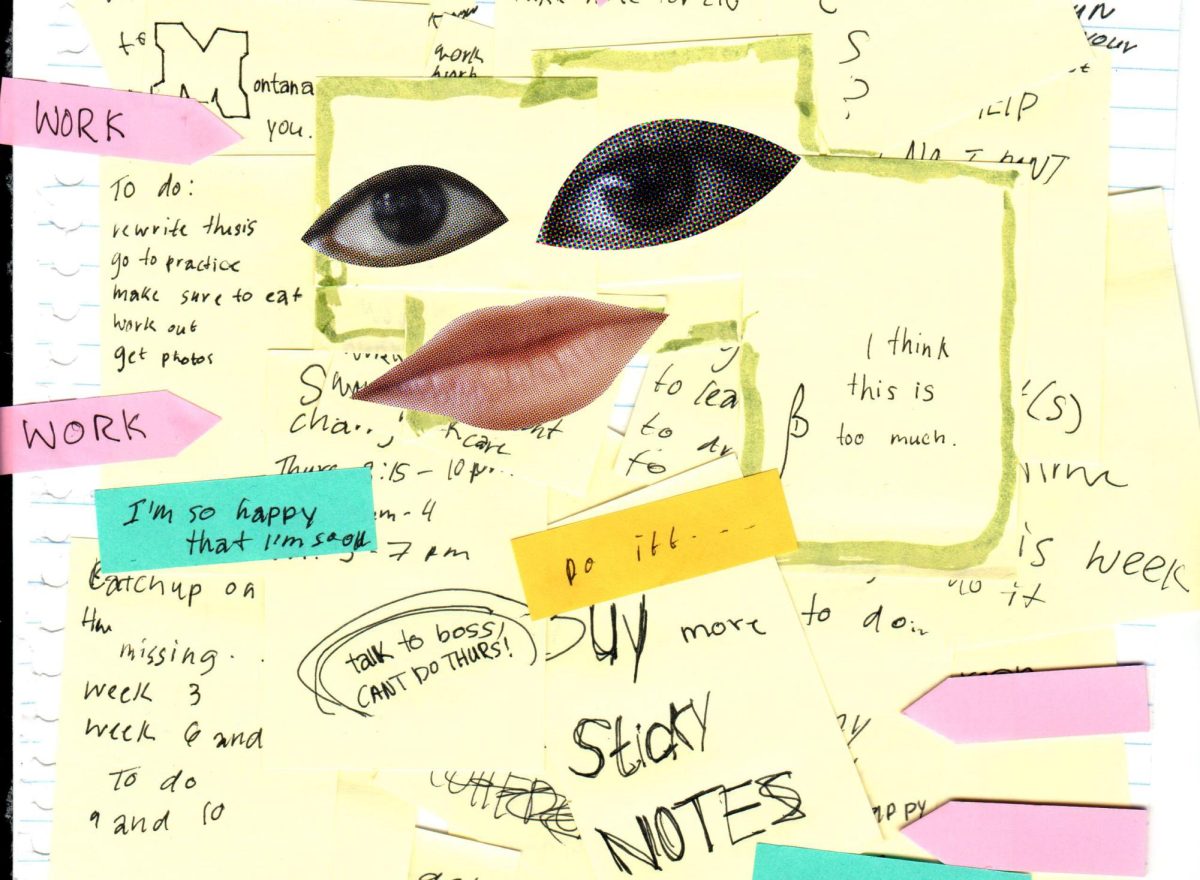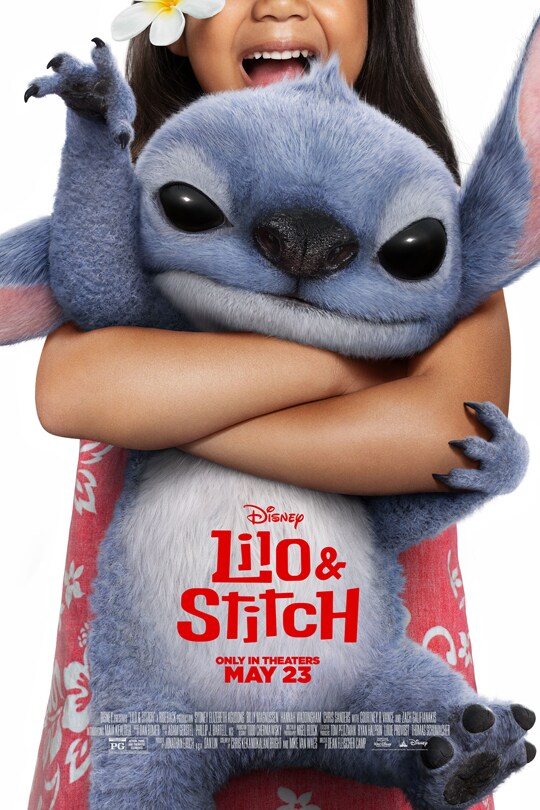Originally Published in the March 21st Print Publication
One of the most notable platforms that have emerged in this landscape is TikTok, the platform has around 1.6 billion active users each month. In the past decade, social media has fundamentally transformed the way users connect and share experiences. While this shift has brought about many enjoyable and uplifting moments, it has also contributed to significant drawbacks, including unprecedented screen times and altered interactions between people and the world around them.
The average daily screen time now stands at a staggering 7 hours and 3 minutes. Screen times vary greatly among different age groups. In teens and young adults, phone usage tends to be much higher.
Amaar Rasheed, a senior at North Creek, spends around 6 hours a day on screens, with TikTok occupying a significant portion of that time.
Deetya Pradhan, a sophomore, has an average of 5 to 6 hours of screen time and dedicates the majority of that time to social media, particularly TikTok and Snapchat.
A junior Aman Kolli uses social media for 9-10 hours daily, with Instagram being his favorite.
Lastly, freshman Ishani Srivastav reports an impressive average of 13 hours of screen time per day, mostly spent on TikTok.
Teachers were asked the same questions.
The first teacher interviewed was Chris Harrison, who reports spending only about 30 minutes on social media daily. Ceramics teacher Angelique Celori utilizes social media for about 2 hours a day, primarily finding solace in TikTok during moments of anxiety. “Social media doesn’t cause much stress, I use it more as an anxiety reliever, when I’m having anxiety it’s easy for me to disconnect from what’s happening around me,” Celori says.
Most people interviewed said that TikTok was their most used app. However, Harrison admits to having no experience with TikTok, viewing it merely as a collection of short videos. “I don’t even know what it is, I just know it’s little videos, lots of little videos, short little clips.”
With the talk of TikTok getting banned in the U.S. going around, people have had many strong opinions and feelings about it. Pradhan said that the thought of TikTok being banned frightens her, as she fears losing her primary source of entertainment. “If TikTok gets banned I don’t know what I would do in the day and what would keep me occupied.”
Similarly, Rasheed expresses that his emotional attachment to TikTok is palpable, expressing a deep reluctance to see it banned as it has become a primary outlet for relaxation and connection. “Half my day is spent using TikTok, I think I will be really depressed, I really love TikTok.”
Even though some are against the ban, they also recognize that it may have potential benefits. Celori recognizes the need to balance her screen time with engaging more with her children and considers returning to reading and traditional leisure activities if TikTok gets banned. On a related note, Srivastav claims that: “I use TikTok every hour, if TikTok gets banned I think I will have lots more free time.”
The question of how much stress social media causes people was also asked, specifically about whether or not some bans or restrictions could improve people’s mental health.
For Pradhan, social media induces a fair amount of stress. “Social media causes me a lot of stress because it makes it difficult to get stuff done and is very distracting.” Similarly, Rasheed talked about how initially, social media was overwhelming and stressful, but has adapted and now finds it essential to his daily routine. Srivastav and Harrison both say that social media does not cause them any stress, but have completely different uses for it.
“It’s not a stressful platform, obviously there’s drama and stuff but I think that social media is a problem because lots of teens spend too much time on it,” Srivastav said.
Harrison feels similarly. “Social media causes no stress. I do not use TikTok, I just never did TikTok…”
On a different note, for people like Celori, social media, especially TikTok, served as a crucial distraction, especially as a new mom during the pandemic. That shows us that social media has different effects on different people, and it’s not as easy as people may think to decide what the future of social media is.
The overwhelming theme is the strong emotional connection to social media, particularly TikTok. While many find value and joy in it, there remains an underlying awareness of the time spent—often at the expense of other important activities and relationships.
Harrison made a statement that highlights the paradox of social media: “Social media is an amazing, powerful psychological weapon that is destroying teenage brains.” The challenge lies in balancing enjoyment with the need to disconnect, highlighting the necessity for mindfulness in today’s digitally connected world.
